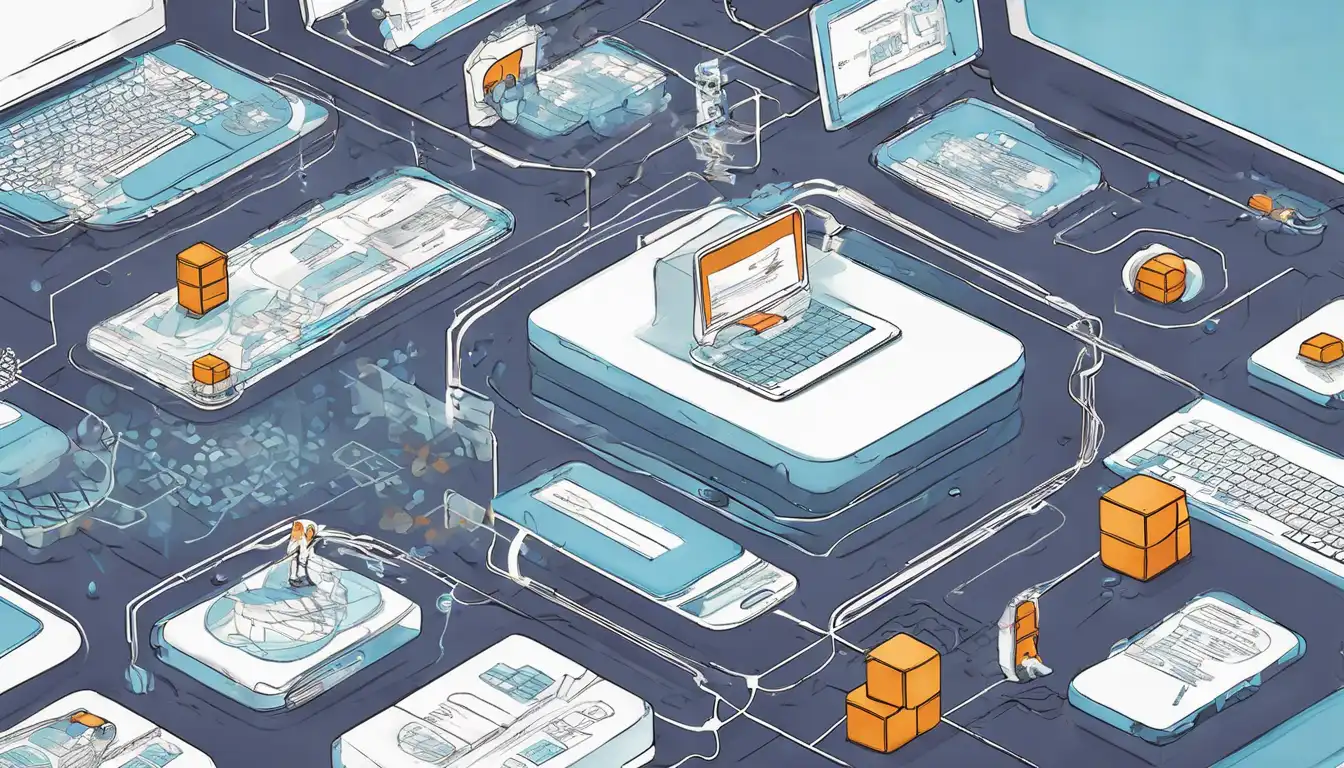What is Blockchain?
Blockchain technology is a digital ledger that allows data to be stored globally on thousands of servers. It lets participants in the network verify and audit transactions independently and relatively inexpensively. A blockchain database is managed autonomously using a peer-to-peer network and a distributed timestamping server.
How Does Blockchain Work?
When a transaction is initiated, it is grouped together in a cryptographically protected block with other transactions that have occurred in the last ten minutes and sent out to the entire network. Miners (members in the network with high levels of computing power) then compete to validate the transactions by solving complex coded problems. The first miner to solve the problems and validate the block receives a reward. The validated block of transactions is then timestamped and added to a chain in a linear, chronological order.
Benefits of Blockchain
Blockchain offers numerous benefits, including:
- Transparency: All network participants share the same documentation as opposed to individual copies.
- Security: Once a transaction is recorded, it cannot be altered without altering all subsequent blocks.
- Efficiency: Blockchain can reduce or eliminate the need for third-party intermediaries to verify transactions.
Blockchain and Cryptocurrency
Blockchain is the backbone of cryptocurrencies like Bitcoin and Ethereum. When you own cryptocurrency, what you really own is a private key—a piece of information that allows you to prove ownership and make transactions. The blockchain ensures that all transactions are secure and that the same bitcoin isn't spent twice.
Getting Started with Blockchain
For beginners interested in blockchain, here are some steps to get started:
- Educate yourself on the basics of blockchain and how it works.
- Explore different cryptocurrencies and understand their use cases.
- Consider investing in cryptocurrency as a way to get hands-on experience.
- Join blockchain communities and forums to learn from others.
Blockchain technology is still in its early stages, and its potential extends far beyond cryptocurrencies. From supply chain management to voting systems, blockchain has the potential to revolutionize many industries. By understanding the basics now, you can position yourself at the forefront of this technological revolution.
For more information on how blockchain is changing the financial industry, check out our article on Cryptocurrency Basics.
